Research & Publications
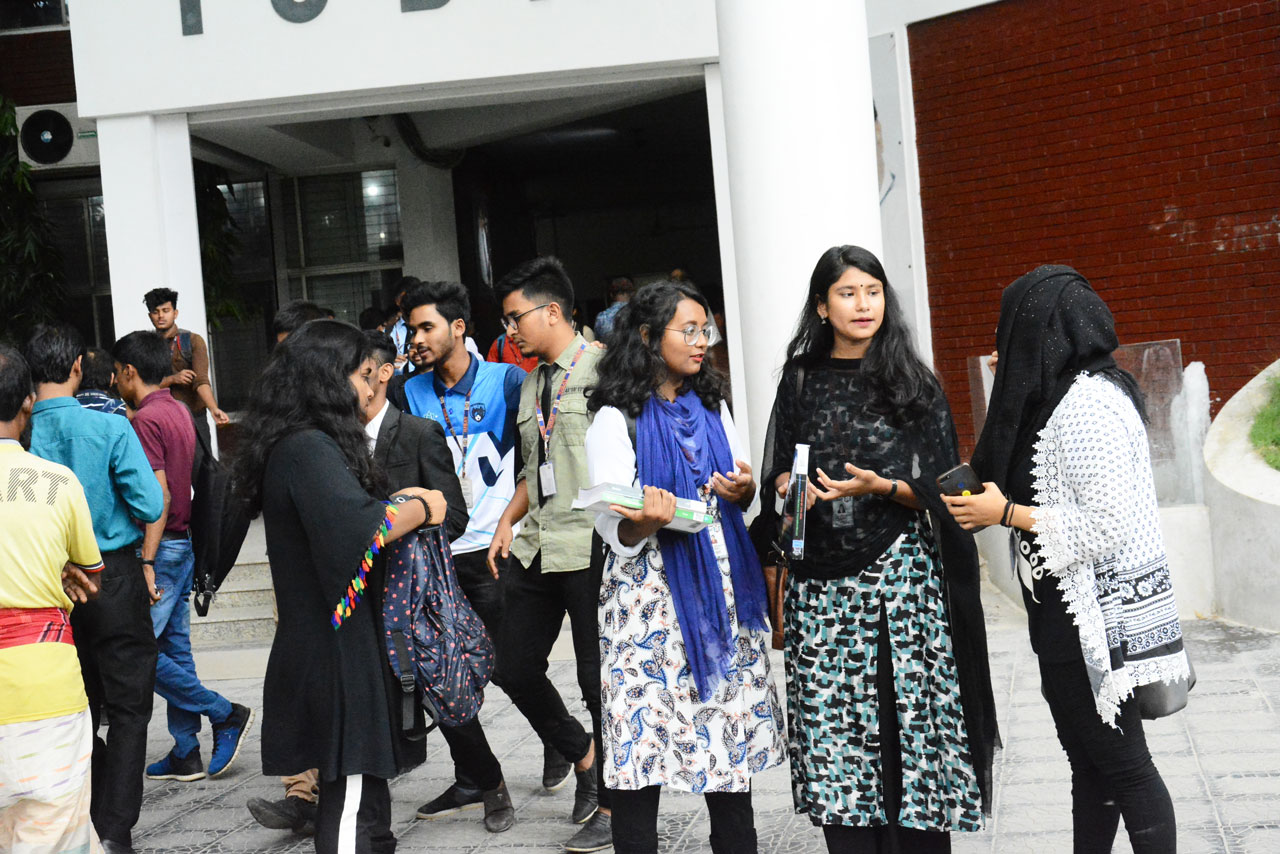
12
research centers
Many
laboratories
BDT 20 Million
annual research budget
Research
The Department of Economics encourages both students and teachers to conduct inclusive and extensive research to create knowledge in different fields Macro and Micro economics. The department offers educational foundation in terms of research and diverse knowledge to students in order to make them accomplished professionals capable of conducting applied and theoretical research. The Department of Economics provides professional, technical and research skills to its students so that they can identify and research the national socioeconomic issues. This serves the purpose of our motherland as it is still a developing country and there are a number of areas where there are extensive opportunities to explore. The faculties are encouraged and patronized to develop projects and provided with the required fund, guidance, and technical support in materializing the developed project proposals. The students under the department are also required to submit practicum report based on their research and field works.
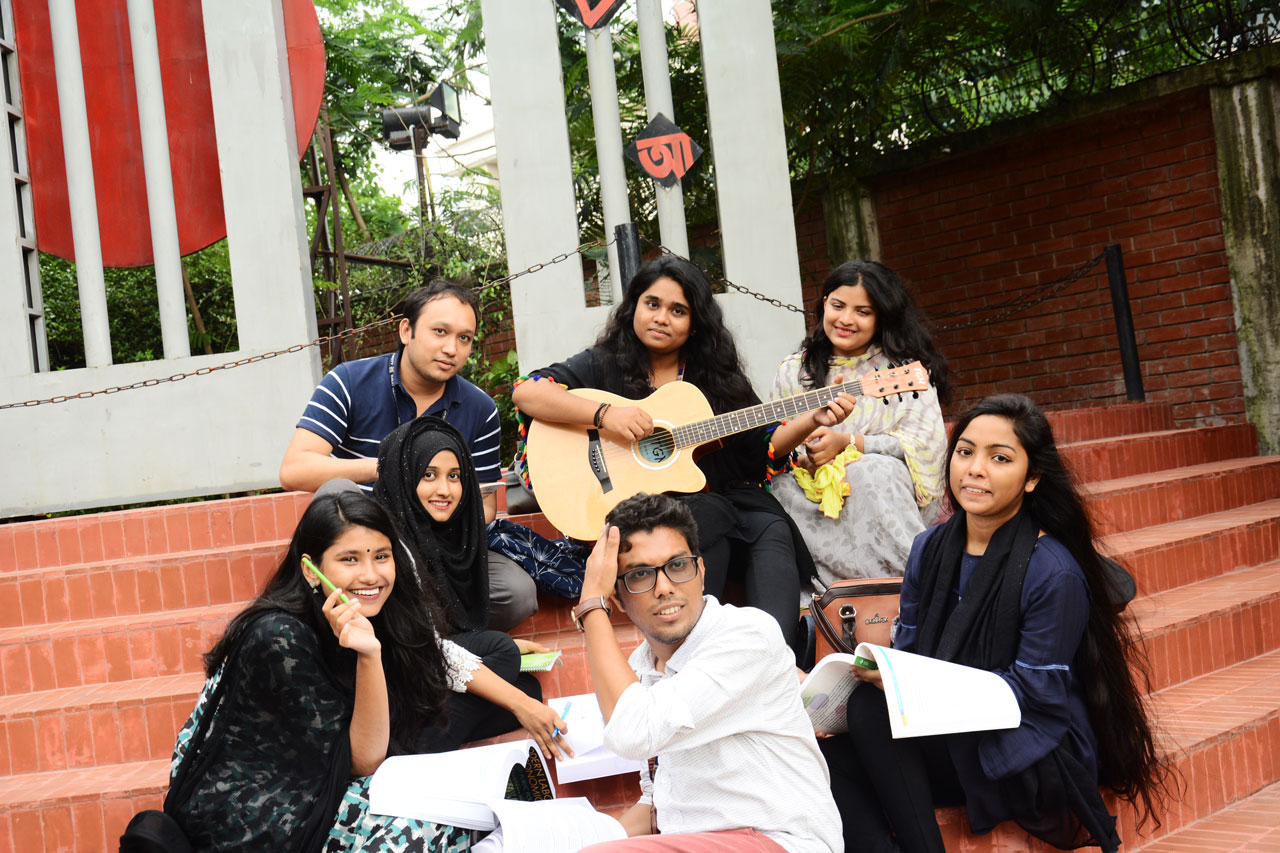
Fund and Facilities
Research fund and facilities are provided by the IUBAT authority for functioning research activities. The authority always extends its support for all kinds of activities related to research in emerging fields of economics. Fund is also received from national projects.

Fund Hunting
The specialized faculty members and enthusiastic students submit new projects to MAMRI that provides technical assistance and other facilities required to accomplish the submitted projects.
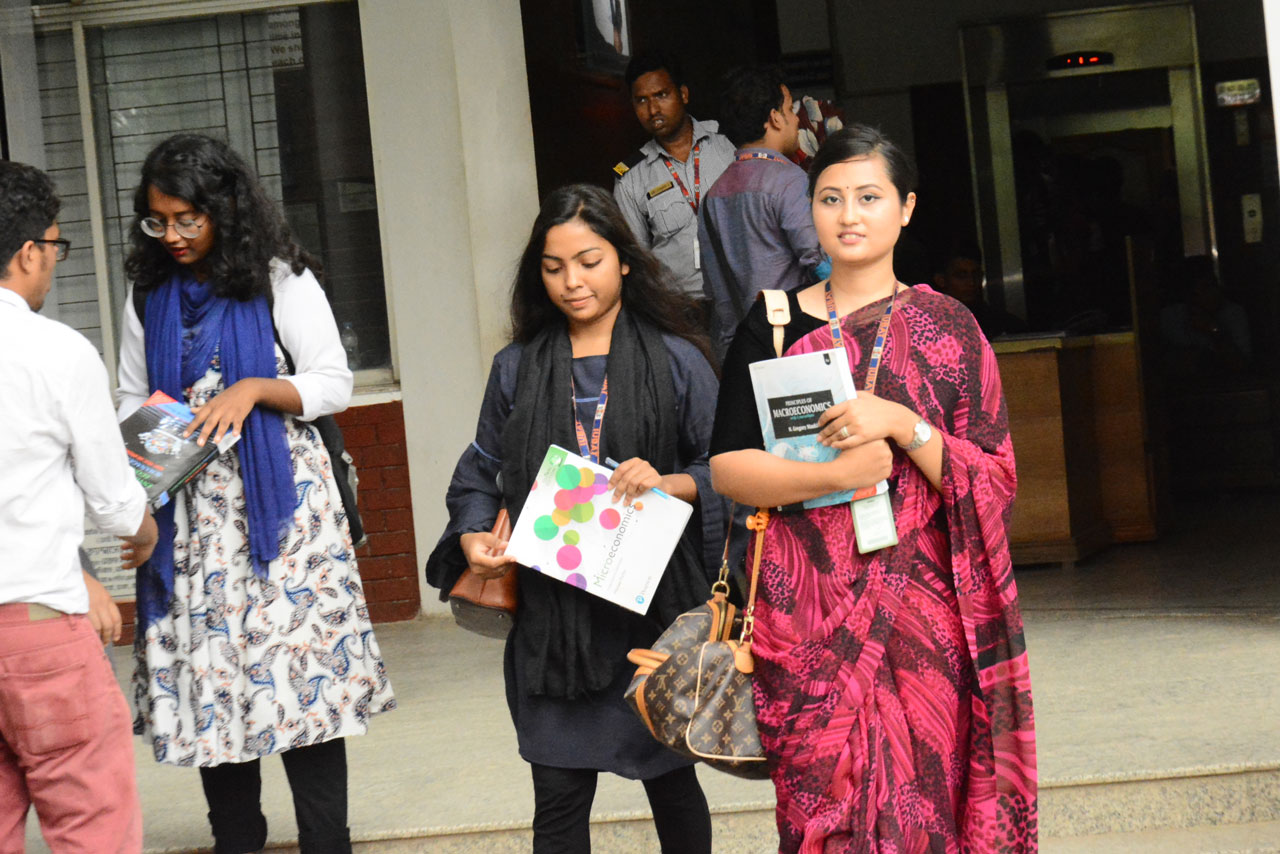
Dissemination of Research Findings
The faculties who conduct research work share their research findings across the whole community; the other faculties also provide feedback on shared works. Such sharing and feedback culture enhances team work and enriches research knowledge in the respective fields.
Faculty Research
Dr M A Jabber, Muhammad Shahjahan
Impact of technology for Sustainable Development in drought-prone environment in Bangladesh: A Case Study
The study was undertaken to analyze the impact of technology on progressive and less progressive farmers in the drought-prone area of Tanore and Nachole-Upazilas under old Rajshahi Division. A total of 200 households were taken randomly-100 from each Upazila. Results of study showed that income earned by the progressive farmers was 20% higher than that of less progressive farmers due to impact of technology. They can invest a good portion of their savings in different portfolios like business, money deposit in the bank, new and improved technology in crop production, etc. Initiatives may be taken from state level such as Directorate of Agriculture Extension (DAE) to help less progressive farmers adopt appropriate technology. Financial opportunity may be made available within their reach to bridge the gap between two groups of farmers. This motivational work towards less progressive farmers will definitely contribute to the sustainable development.
Khan Md. Tariqul Alam, Takashi Sasaki, Saifa Sadekeen, M. A. Jabber
Activation of Sense of Urgency through Organizational Knowledge Creation in Agricultural Reform – A Case Study in Iijima Town, Japan
Incessantly growing requirement of automobile and electronic product, over the globe, has enhanced the Japanese economy to the exceedingly industrialized echelon among the competing countries. For chasing up the continual manufacturing entity, the Japanese labor market has become monopsonistic. The young Japanese, entering in the labor market, are interested in industrial firm based production and prefer industrial jobs to farm related jobs. Besides, agriculture sector has been remained stagnant for a long time. The farmmanagement efficiency did not stipulate in optimal level; despite the prices of agricultural productshad fallen or remained constant. Even, farmland and farming resources’ market remained immature, inefficient and malfunctioning. Considering financial gain, the young Japanese rather prefer farming activities as their fulltime occupation. Farmers tend to keep their farmland as family property instead of using them as a factor of production. Therefore, large-scale farming or higher agricultural productivity has not been eventually observed. In the circumstances, regional agricultural reform has become an influential issue to improve all stagnant sectors in Japanese agriculture. In this regard, the austere predicament, to be taken as the decisive objective in this article, is how to stimulate the volition of the farmers to ensure their ceaseless participation in the asked reform. Sense of urgency can play motivational tool to endorse participation process in the said reform. Researchers are referring knowledge conversion for activating sense of urgency
Student Research
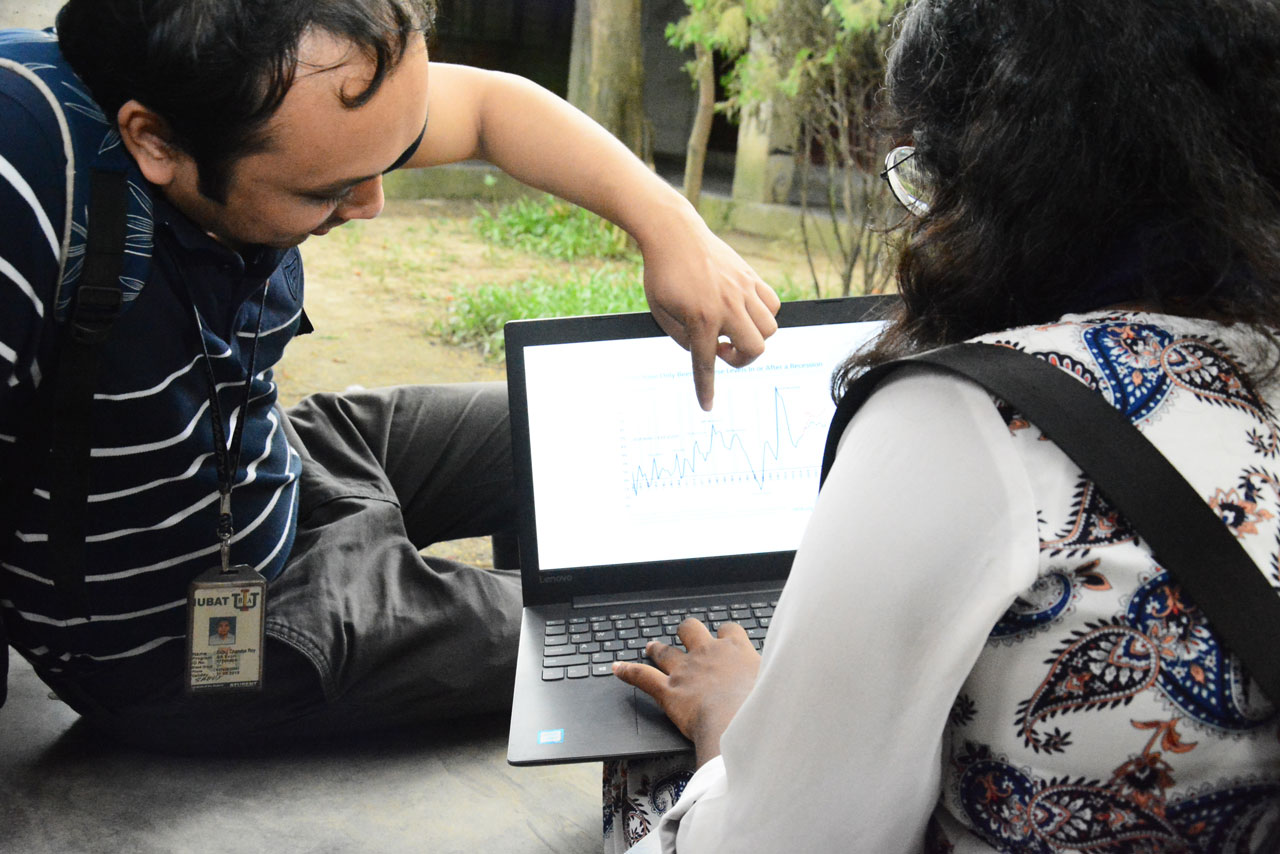
Research Courses
The department offers a number of courses those make the learners familiar with the research skills required to conduct research in different fields of economics. The courses those facilitate research skills include Research Methodology, Statistics, Marketing Management, Seminar on Economic Policy, Seminar on Economic theory and Social Policy etc.
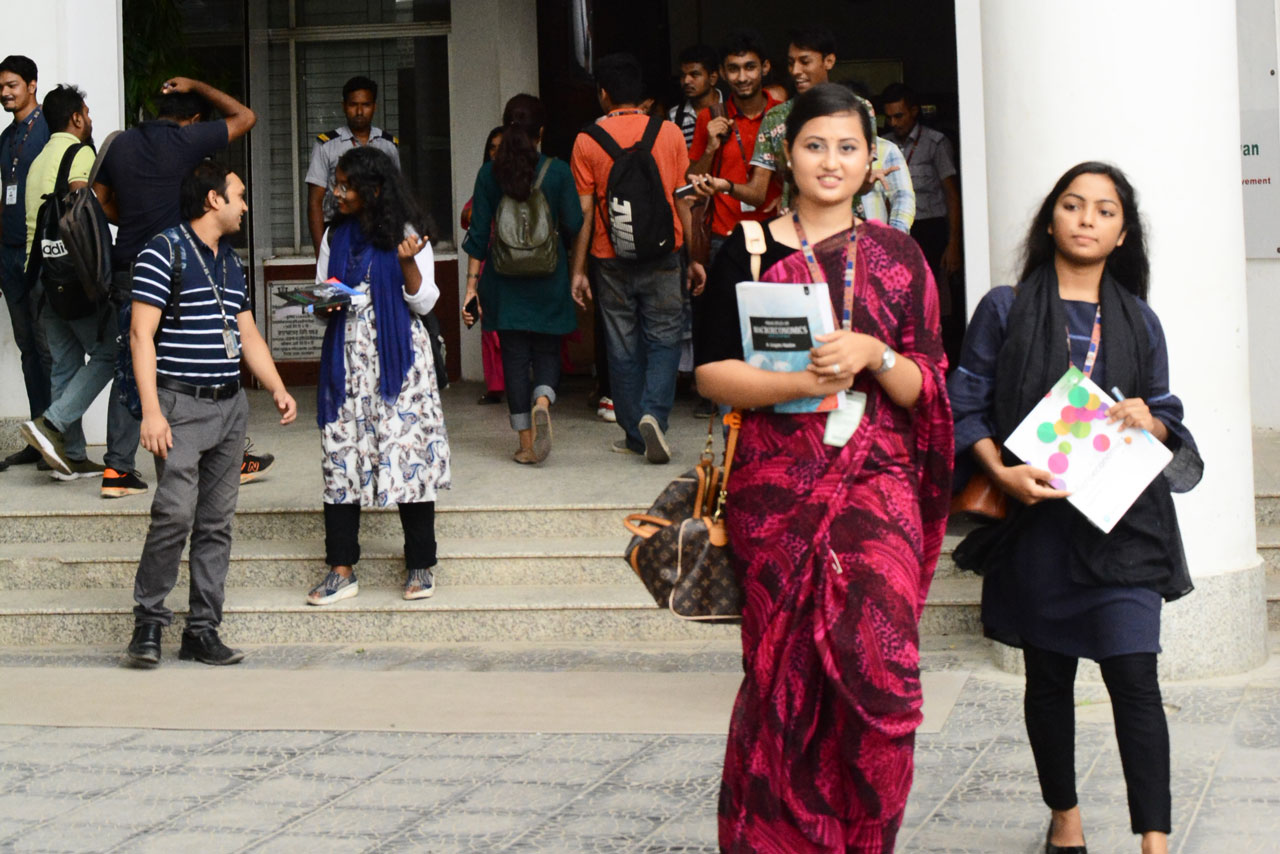
Research Initiatives
The department encourages the students to initiate researches in different areas both in narrow and wide scale. The worthy initiatives receive research grants.
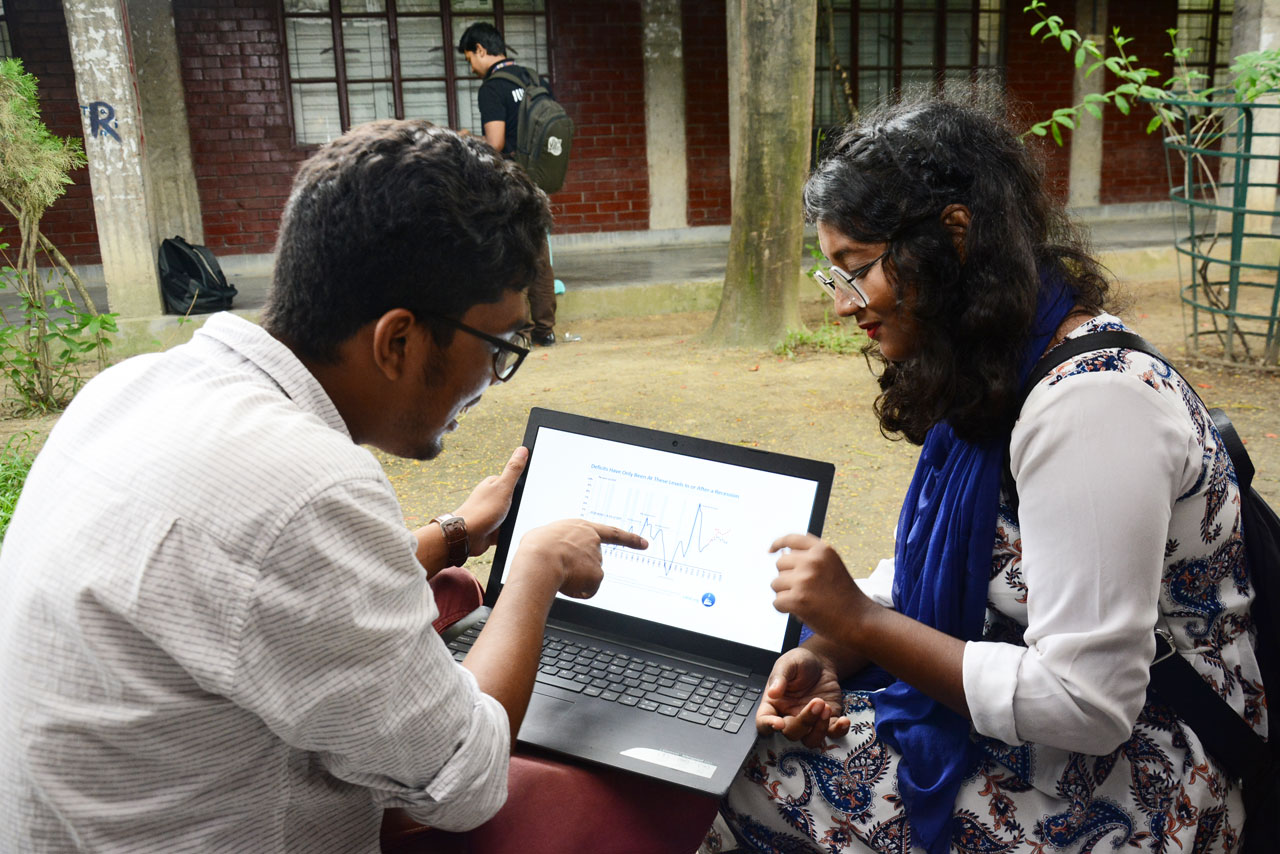
Project Work/Submission
The department puts much emphasis on the development of maturity of knowledge acquired by the students. Learners are supposed to design and accomplish project works in many intermediate and advanced courses.
Publications
IUBAT Review
The IUBAT Review is a multidisciplinary academic jounal that the editors intend to publish annually.
Research Monographs
IUBAT has published a number of scholarly and distinguished research monographs.
Conference Proceedings
IUBAT, as a part of knowledge creation and knowledge sharing, encourages all forms of initiatives.

